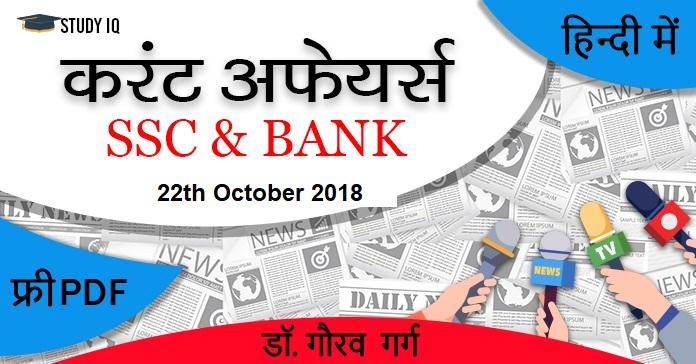Table of Contents
BACKGROUND
- In 2017, the central government released model farming acts. However, after a certain period of time it was found that a number of the reforms suggested in the model acts had not been implemented by the states.
- A committee consisting of seven Chief Ministers was set up in July 2019 to discuss the implementation. Accordingly, the central Government of India promulgated three ordinances in the first week of June 2020.
BACKGROUND
- These ordinances were introduced as bills and passed by the Lok Sabha on 15 and 18 September 2020.
- Later, on 20 September, the Rajya Sabha also passed the three bills by 22 September. The President of India gave his assent by signing the bills on 28 September, thus converting them into acts.
THESE ACTS ARE AS FOLLOWS:
- Farmers’ Produce Trade and Commerce (Promotion and Facilitation) Act
- Farmers (Empowerment and Protection) Agreement on Price Assurance and Farm Services Act
- Essential Commodities (Amendment) Act
DEMANDS
- Repeal the three new farm laws
- Convene a special Parliament session to repeal the farm laws
- Make minimum support price(MSP) and state procurement of crops a legal right
- Assurances that conventional procurement system will remain
- Implement Swaminathan Panel Report and peg MSP at least 50% more than weighted average cost of production
- Cut diesel prices for agricultural use by 50%
DEMANDS
- Repeal of Commission On Air Quality Management In NCR And The Adjoining Ordinance 2020 and removal of punishment and fine for stubble burning
- Release of farmers arrested for burning paddy stubble in Punjab
- Abolishment of the Electricity Ordinance 2020
- Centre should not interfere in state subjects, decentralization in practice
- Withdrawal of all cases against and release of farmer leaders, human right activists, poets, intellectuals and writers.
THE BEGINNING
- In Punjab, small scale protests had started back in August 2020 and farm unions across India joined the protests against the reforms.
- Farm unions all over India called for a Bharat Bandh to protest against these farm laws on 25 September 2020.
- Railway services have remained suspended in Punjab for more than two months due to the protests, starting from October. Following this, farmers from different states then marched to Delhi to protest against the laws.
DILLI CHALO
- After failing to get the support of their respective state governments, the farmers decided to pressure the Central Government by marching to Delhi.
- On 25 November 2020, protestors from the Dilli Chalo (campaign were met by police at the borders of the city.
SUPPRESSION
- The police employed the use of tear gas and water cannons, dug up roads, and used layers of barricades and sand barriers to stop the protestors,leading to at least three farmer casualties.
- Amidst the farmer agitation, on 27 November, media highlighted the actions of a youth who jumped onto a police water cannon targeting protesting farmers and turned it off. He was later charged with attempted murder.
STRIKE
- The march on Delhi was accompanied by a 24-hour strike of 250 million people across India on 26 November 2020 in opposition to both the farm law reform and proposed changes to labour law.
- Between 28 November and 3 December, the number of farmers blocking Delhi in the Delhi Chalo was estimated at 150 to 300 thousand.
TALKS
- The Central Government Of India allotted the date of 3 December 2020 for discussing the future of the new farm laws, despite.
- The farmers’ unions announced that on 4 December they would burn effigies of PM Modi and leaders of corporations. Farmers planned to return their awards and medals on 7 December and to organize a Bharat Bandh (national strike) on 8 December.
TALKS
- After talks with the central government failed to find a solution on 5 December, farmers confirmed their plans for a national strike on 8 December. Further talks were planned for 9 December.
- On 9 December 2020, the farmers’ unions rejected the government’s proposals for changes in-laws, even as the Centre in a written proposal assured the minimum support price for crops. The farmers also said they will block the Delhi-Jaipur highway on 12 December and nationwide dharnas will be called on 14 December
HELP
- Various provisions of tents and other facilities like medical stalls, laundry, library, dental camp, temple were made available at various locations for protesting farmers. The dental camps were providing tooth retraction, cleaning, filling and scaling treatments. Solar powered mobile charging points have been made.
- For provisions of food, roti makers which make 1000 rotis an hour are provided in langars. Pizzas were also provided at protest camps, which attracted large crowds. UK based NGO Khalsa Aid also provided foot massage chairs for elderly protesters.
Latest Burning Issues | Free PDF






















 WhatsApp
WhatsApp